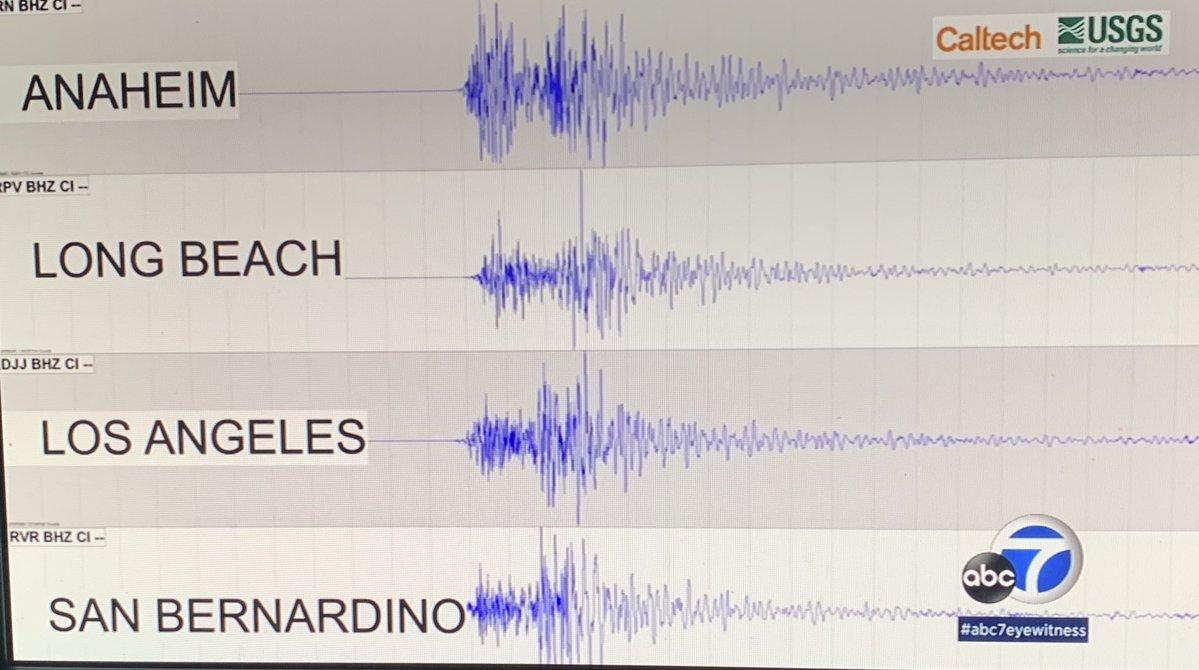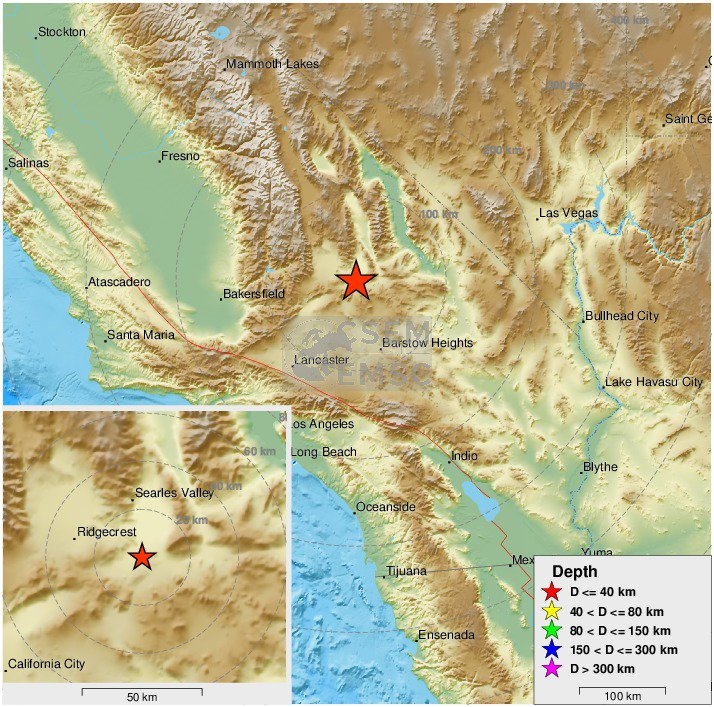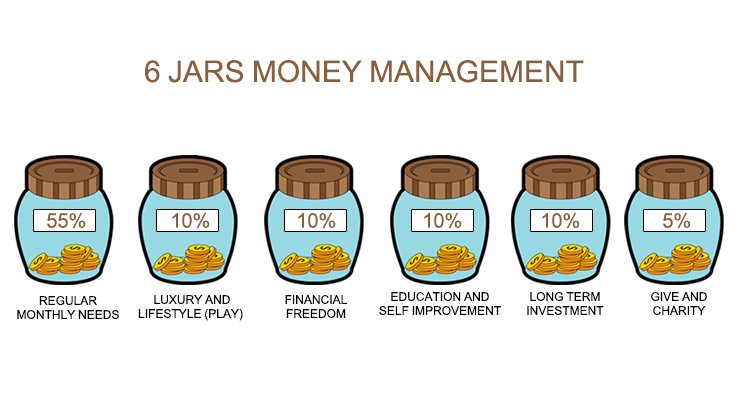The same myths & misconceptions are voiced every time.
🤔
I have worked as a policy & PR adviser in agencies that had to keep services going.
Latterly I've studied social media after US disasters, for 3 years.
Partisan politics has NO place in the immediate response phase.
It has a place in planning, prepping, & recovery phases.
I have strong views about the best ways to do this, but I try to put them aside at the time lives are being saved.
What seismologists *can* do is make probability estimates, which are quite helpful.
>Californians are used to earthquakes and know what to do, we'll be fine
>Our building standards are great, we're not like third world country X or Y
Continued:
>This one hit a low population area, so it's nothing to worry about
>People in X or Y are always exaggerating minor earthquakes
>I heard there is tsunami warning for X in one hour
>You loot, I shoot
>Where is FEMA?
None of these myths or inaccurate statements are helpful, to those affected, to their worried family & friends elsewhere, to first responders, to emergency management officials, to property owners etc.
>Generalizations don't help. SOME of those in CA are not ready for an earthquake, SOME are. Both groups deserve our help & sympathy at the time.
In fact, surveys show around 50% of Americans have a disaster kit at home.
We had brand new office blocks demolished after a fairly minor quake in 2016.
115 of the 185 killed in Feb 2011 were in a building that engineers had cleared as safe after a Sep 2010 quake.
Minor damage can weaken a building.
Not only is that just rude towards the people directly affected, it's ignorant about the flow-on effects the event will undoubtedly have elsewhere.
Polices are changed, too. That has all kinds of impacts.
In today's attention deficit world, you have people's attention, briefly.
If it is "long or strong, get gone." You may only have 20-40 mins to get to higher ground.
You should practice your evacuation route beforehand.
You have to evacuate on foot. If you can't do that, don't live in a tsunami risk zone.
Have walking shoes with you.
Even 30cm/12 inches of tsunami can be hazardous bc of the speed and repeated waves. It's not just one wave.
In most cases there isn't a significant tsunami risk, but officials still need to give out info, & some people panic about it, or even spread misinformation & fear when it's not warranted.
I saw that this time.
It was an inland quake.
Did you know that a 7.2 is twice as strong as a 7.1? That's the way the Richter scale works.
An inland 8 or 9 might have caused a tsunami, IDK.
You can't know how bad it is unless you know all three.
Our 2011 EQ was a 6.3 but had a bigger impact than this 7.1 did.
nzhistory.govt.nz/page/christchu…
Now, about looting. It always happens.
The only worry I have about looting is that it can put first responders at risk. It would be great if they didn't have to police a disaster zone.
Too many people still believe that FEMA or other responders should come & save them, immediately. That isn't FEMA's role.
"You are your own first responder."
You have to consider everything: How will you stay clean? Where will you poop?
>You
>Your household/workplace
>Your neighbors
>Local responders
>State level responders
>Federal level responders
FEMA will be working on it as fast as they can. They're better than they were in 2005, or even last year.
It's part response, part drill... every agency involved will learn & improve.
Bigger quakes in CA are inevitable.









